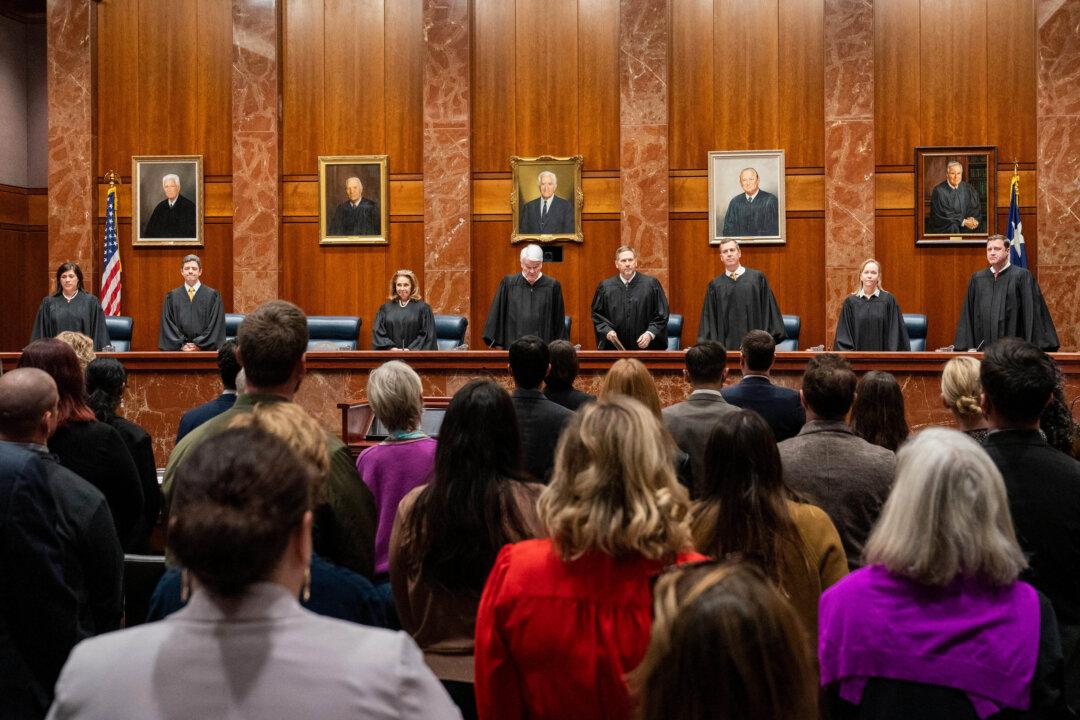The Texas county that encompasses Houston is moving forward with a modified version of its guaranteed income program after the Texas Supreme Court halted the original initiative over concerns about its constitutionality.
Harris County Judge Lina Hidalgo recently announced a resurrection of sorts of the “Uplift Harris” program that was blocked by the state Supreme Court in response to a legal challenge by Texas Attorney General Ken Paxton, whose complaint described the initiative as a “socialist experiment” that lacked safeguards to ensure that taxpayer funds would be used in line with the Texas Constitution.





